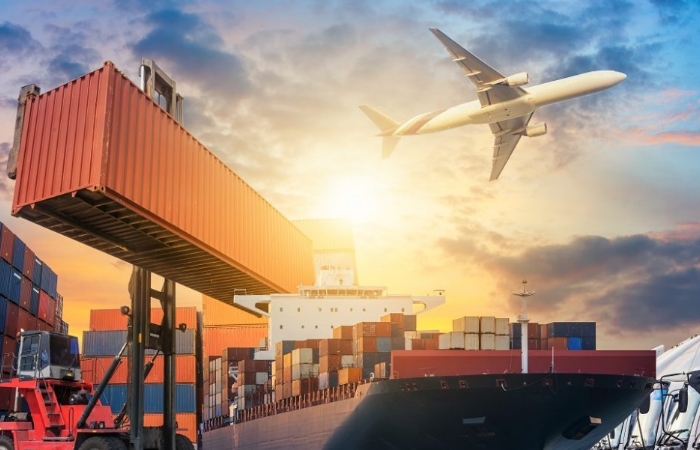
Calcined Petroleum Coke (CPC) is a critical raw material used in various industries, and its trade is subject to specific import and export regulations. Understanding and complying with these regulations is essential for businesses involved in CPC commerce. This article explores the importance of import and export regulations for CPC and provides insights into the key considerations for those participating in this trade.

CPC is a high-value commodity with applications in industries such as aluminum, steel, cement, and chemicals. Its purity, carbon content, and physical properties make it indispensable in processes like anode production for aluminum smelting and as a carbon additive in steel manufacturing. As a result, the import and export of CPC have a substantial impact on various industrial sectors.
Import Regulations
When importing CPC, it's crucial to provide accurate and complete customs documentation. This typically includes an invoice, bill of lading, certificate of origin, and any other documentation required by the importing country's customs authorities. Compliance with customs requirements ensures a smooth entry of CPC into the country.
Different countries impose tariffs and duties on imported goods, including CPC. Importers need to be aware of the specific tariff codes and rates for CPC in the destination country. Adhering to tariff regulations is essential to avoid unexpected costs and ensure competitive pricing in the local market.
Many countries have strict quality and safety standards for imported goods, including CPC. These standards may relate to the chemical composition, particle size distribution, and packaging of CPC. Importers must ensure that the imported CPC complies with these standards to prevent potential rejections or legal issues.
Export Regulations
Some countries may require an export license for certain goods, including CPC. Exporters should check with their country's export control authorities to determine whether an export license is needed and how to obtain one if necessary.
Exporting CPC also requires comprehensive documentation. This typically includes an export invoice, packing list, bill of lading, certificate of analysis, and any other documents required by the importing country. Proper documentation is essential to facilitate customs clearance in the destination country.
Export regulations may include restrictions on the quantity or destination of CPC shipments. Exporters should be aware of any restrictions imposed by their country's government or international agreements to which they are a party.
Quality assurance is paramount in CPC trade. Both importers and exporters must adhere to quality control measures to ensure that the product meets the necessary specifications and standards. Quality assurance measures may include laboratory testing, inspection, and documentation that demonstrates compliance with international quality norms.
Environmental and safety regulations are of increasing importance in international trade. CPC, like many carbon-based products, may be subject to environmental regulations, especially when it comes to emissions associated with its production. Importers and exporters should ensure that their operations align with local environmental and safety requirements.
Navigating the import and export regulations for Calcined Petroleum Coke is a critical aspect of international trade. Compliance with these regulations is essential to ensure the smooth flow of CPC in and out of different countries. Importers and exporters must be diligent in their documentation, quality control, and adherence to environmental and safety standards. Understanding and abiding by import and export regulations is not only a legal requirement but also an integral part of maintaining the quality, reliability, and sustainability of CPC trade. By doing so, businesses can contribute to the continued success of industries that depend on this valuable material.

Write a Message